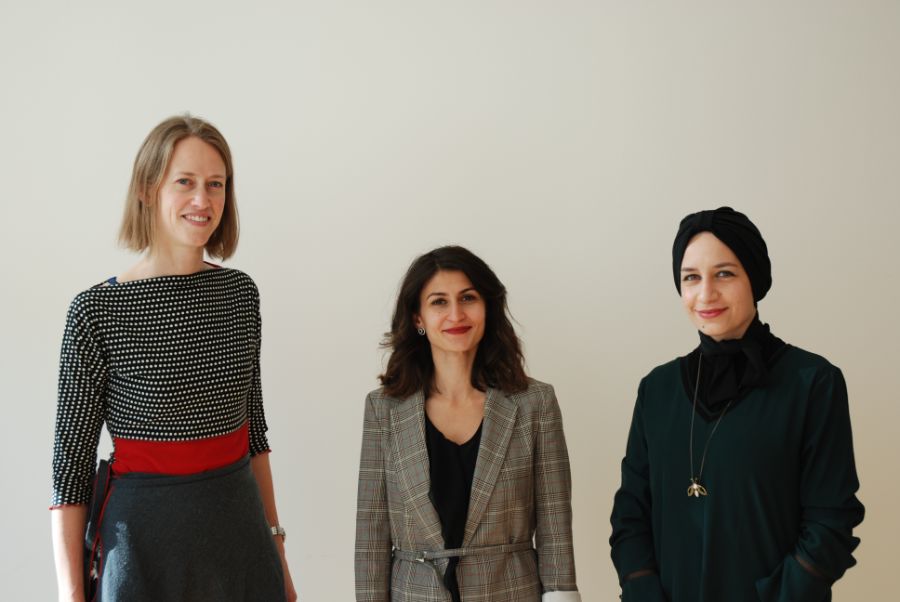Amani and Miriam are both part of the Scientia Fellows programme. This programme focus on excellent research as well as creating bridges between academia, hospitals and industry. It is funded by the European Union’s Horizon research and innovation programme. If you wish to learn more about the Scientia Fellows programme you can read more about it here. Helene Knævelsrud is a member of The Young Academy of Norway which you can read more about here.
Understanding the cells recycling-system:
We spoke to Helene Knævelsrud about the project which seeks to understand autophagy further. Autophagy is a cellular mechanism that can be compared to the garbage recycling system of a busy city.
Helene explains that cells are survivors and need to be able to respond to changes in the food supply in a living organism. When an organism is starving, cells will activate autophagy. In this process the cells will eat their own damaged, unused or superfluous parts she says. . By doing this the cell will then create building blocks which it can use further. The whole process can be compared to recycling of material inside the cells and when this recycling machinery does not work properly it can lead to damages and diseases, Helene points out.
Cells are harmed when their recycling process is not working properly
The cells are not only harmed when autophagy fails to provide them with building blocks. Things can also go wrong when this process is not properly regulated and restricted. Knævelsrud explains that unrestricted autophagy is harmful to cellular fitness and continues by saying that little is known about how autophagy is turned off. This is especially the fact in multicellular organisms, and we aim to understanding how autophagy is turned off in fruit flies, she continues.
Fruit flies? Yes, those annoying flies in your kitchen in the summer are actually highly useful for research because they reproduce so quickly and take up little lab space. But that is not all to these flies, their genes are also easy to manipulate, Knævelsrud tells us.
By altering the genes that are at play in this process they hope to gain a better understanding of how it is regulated. They will also study the effect on fruit fly physiology when autophagy is turned on/off correctly or incorrectly. The implications of this research will be applicable to much more than the process in fruit flies, it will be relevant for this cellular survival process in all living organisms Knævelsrud concludes. We wish you a good time filled with learning and successful experiments.
